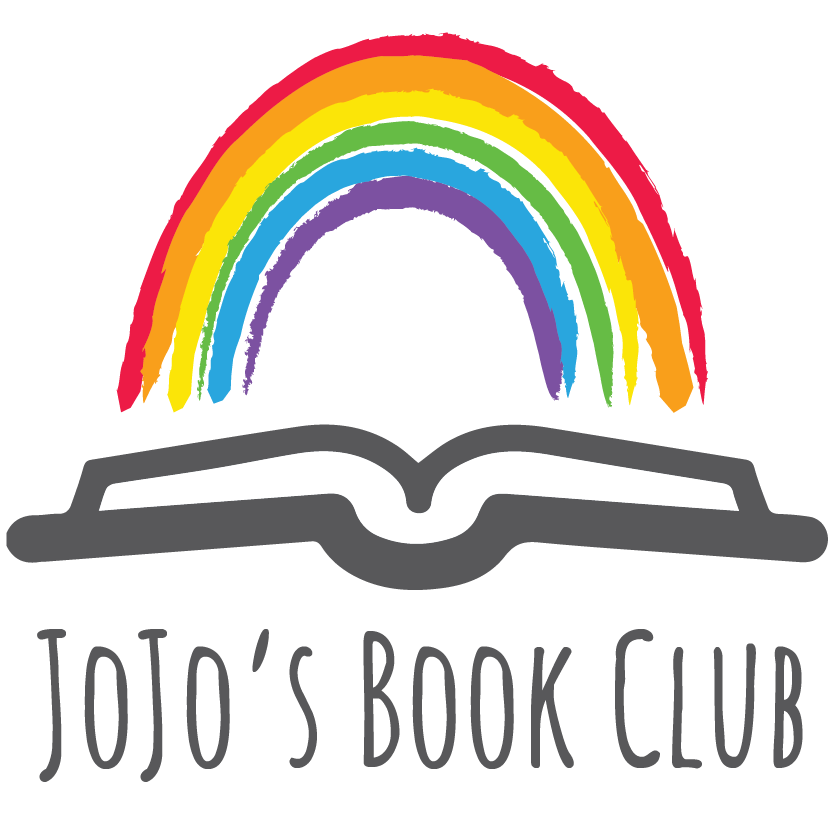Giving Thanks: A Native American Good Morning Message
“To be a human being is an honor...”
“Giving Thanks: A Native American Good Morning Message” by Chief Jake Swamp is an #OwnStories book that is based on the Mohawk practice of expressing gratitude daily. Chief Jake Swamp adapted what’s known as the Thanksgiving Address into English using simple language to make it accessible to readers young and old. Mohawk parents teach the Thanksgiving Address to their children to give thanks for all the wonderful gifts the earth provides every morning. How awesome is that? In the story, the reader is taken on a journey to examine the world in detail with gorgeous illustrations that bring the words of thanks to life.
Telling the Truth About Thanksgiving
When I first presented this book to my children, my 6-year-old said, “They got it wrong, it’s Thanksgiving, not giving thanks.” Cute, but also not.
What he said got me thinking about perspectives and the history of what happened in 1637. We celebrate Thanksgiving as a time to spend time with family, maybe travel, and eat too much. Stores, books, and cartoons sell stories of pilgrims and (generic) Indians coming together in peace to share a meal. That is historically inaccurate and erases the tragedy of what happened. My son was vocalizing how important perspectives of forcefully marginalized people are swept under the rug as a means to maintain the narrative of the benevolent white folk.
What happened was Massachusetts colony governor John Winthrop declared a day of thanksgiving to celebrate colonial soldiers who had slaughtered 700 Pequot men, women, and children in what is now Mystic, Connecticut.
I know what you’re thinking: “way to kill the spirit” and “fine, but I can’t tell my kids that.” Sorry, not sorry, and as uncomfortable as it may be, you’ve got to. It doesn’t have to be as curt as I said it, in fact, that would be wildly inappropriate for children. However, you can replace the trite and offensive “Indian and pilgrims were friends” narrative with stories of and by Indigenous people. Doing so may lead to a conversation about what really happened and why it’s not ok to continue pretending it didn’t.
Focusing on gratitude for our planet and the relationship with have with it is something we can all do. What would your day be like if every morning you started the day by talking about what you’re thankful for? At my house, mornings can be rough and I struggle until the coffee has kicked in. I’d love to intentionally take time to observe what I see around me and model that practice by including my children. I can’t/don’t do it as often as I’d like, but when I do, I’m always humbled by the beautiful things children say.
Teachers:
Talk to your students about the identity of authors. We often read books and robotically recite the author and illustrator prior to reading. Make this literacy practice more meaningful by truly examining the author. What would it look like if you examined the authors of the books in your classroom? If you made a graph showing the identities of authors, would you be proud or concerned? Take that opportunity to discuss why #OwnVoices books matter and to discover whose voices are missing.
Something to think about
What are your morning routines?
Think about authors and why their identity may(/may not?) matter.
What do you know about Iroquois people?
Activity
Start a gratitude journal with your child. Maybe not every day (unless you can do that - then kudos to you!), but regularly write and draw one thing you are grateful for. Hopefully, this practice continues beyond the fall and into every season of the year.
Illustrations by Erwin Printup

